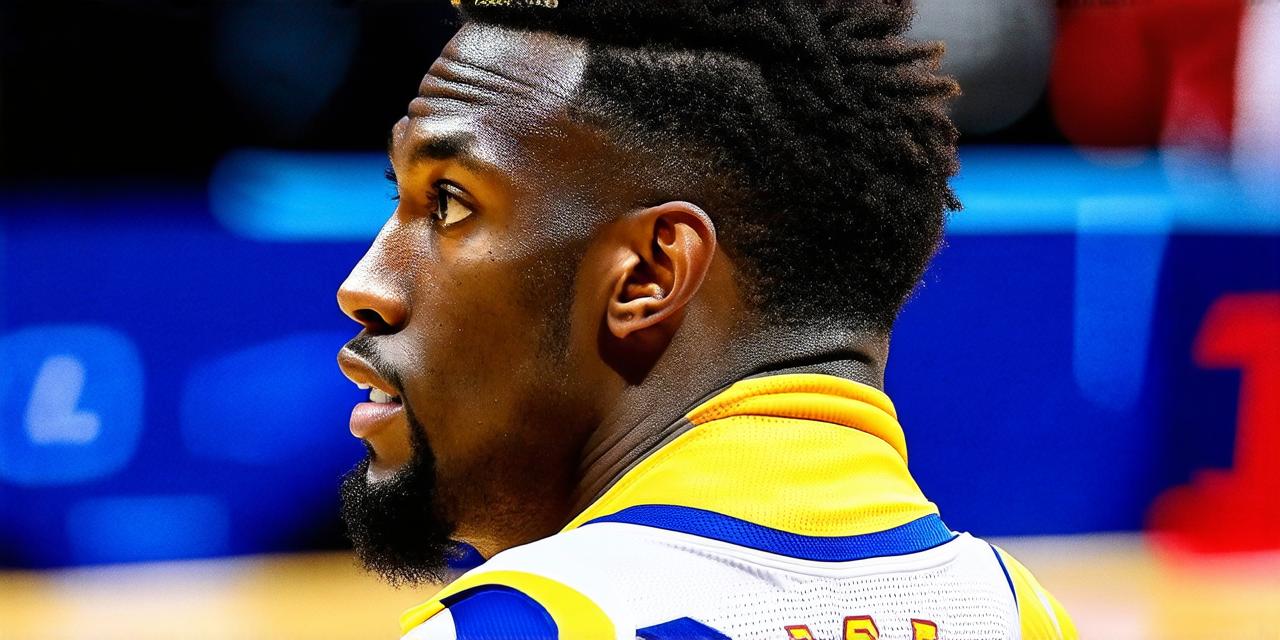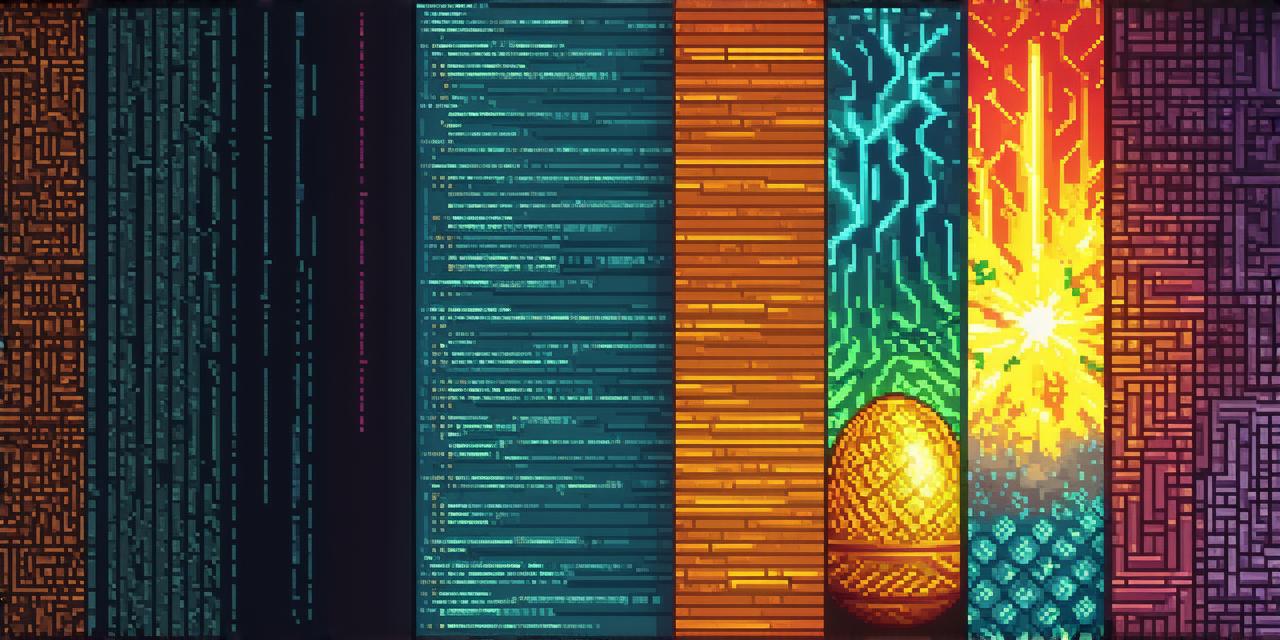Introduction:
The world of video game development is an exciting and complex one. With so many different roles and responsibilities, it can be hard to understand the role of a video game producer. In this article, we will explore the various tasks and duties that a video game producer typically handles, as well as the qualities and skills they need to be successful in their job.
What is a Video Game Producer?
A video game producer is responsible for overseeing the development of a video game from start to finish. They are involved in all aspects of the process, including conceptualization, budgeting, scheduling, and marketing. A video game producer acts as both a project manager and a creative leader, working closely with developers, designers, writers, artists, and other members of the team to ensure that the final product meets their vision and is delivered on time and within budget.
Key Responsibilities of a Video Game Producer:
-
Conceptualization: The video game producer is responsible for developing the initial concept and ideas for a new game. They work closely with the creative team to identify the target audience, establish the game’s genre and tone, and develop a high-level design document that outlines the game’s core mechanics, features, and storyline.
-
Budgeting: Once the basic concept is established, the video game producer creates a budget for the project. This includes determining the resources needed to develop the game, such as personnel, equipment, and materials. The budget also takes into account marketing costs and projected revenue.
-
Scheduling: The video game producer creates a schedule for the development process, including key milestones and deadlines. They work closely with the development team to ensure that everyone is working towards the same goals and that progress is made according to plan.
-
Marketing: The video game producer is responsible for marketing the game to potential audiences. This includes developing a marketing strategy, creating promotional materials, and coordinating with external partners such as publishers and distributors.
-
Quality Assurance: The video game producer ensures that the final product meets high standards of quality. They work closely with the development team to identify and address any issues or bugs that arise during testing and debugging.

Qualities and Skills Required for Success:
-
Leadership: A video game producer must be able to lead and motivate a team of developers, designers, writers, artists, and other professionals. They must be able to communicate their vision effectively, delegate tasks efficiently, and resolve conflicts when necessary.
-
Creativity: A video game producer must be able to think creatively and generate new ideas for games. They must also be able to identify trends and market opportunities and adapt to changing circumstances as needed.
-
Communication: A video game producer must be an effective communicator, both verbally and in writing. They must be able to explain complex concepts clearly and concisely, collaborate with other team members effectively, and present their ideas convincingly to stakeholders and clients.
-
Project Management: A video game producer must have strong project management skills, including the ability to plan, organize, and track progress. They must also be able to anticipate challenges and risks and develop contingency plans as needed.
-
Technical Knowledge: A video game producer must have a basic understanding of video game development, including programming, art, design, and marketing principles. This will enable them to make informed decisions and provide guidance to the development team.
Case Studies:
One example of a successful video game producer is Cliff Bleszinski, the co-founder of Epic Games. Bleszinski has been involved in the development of several hit games, including “Uncharted” and “Gears of War.” He has credited his success as a producer to his ability to bring together diverse teams of talented professionals and create a shared vision for each project.
Another example is Jen Ford Green, who served as the executive producer of “The Sims 4.” Green worked closely with her team to develop new features and content for the game, and was able to build a loyal fan base by listening to player feedback and adapting to their needs.



